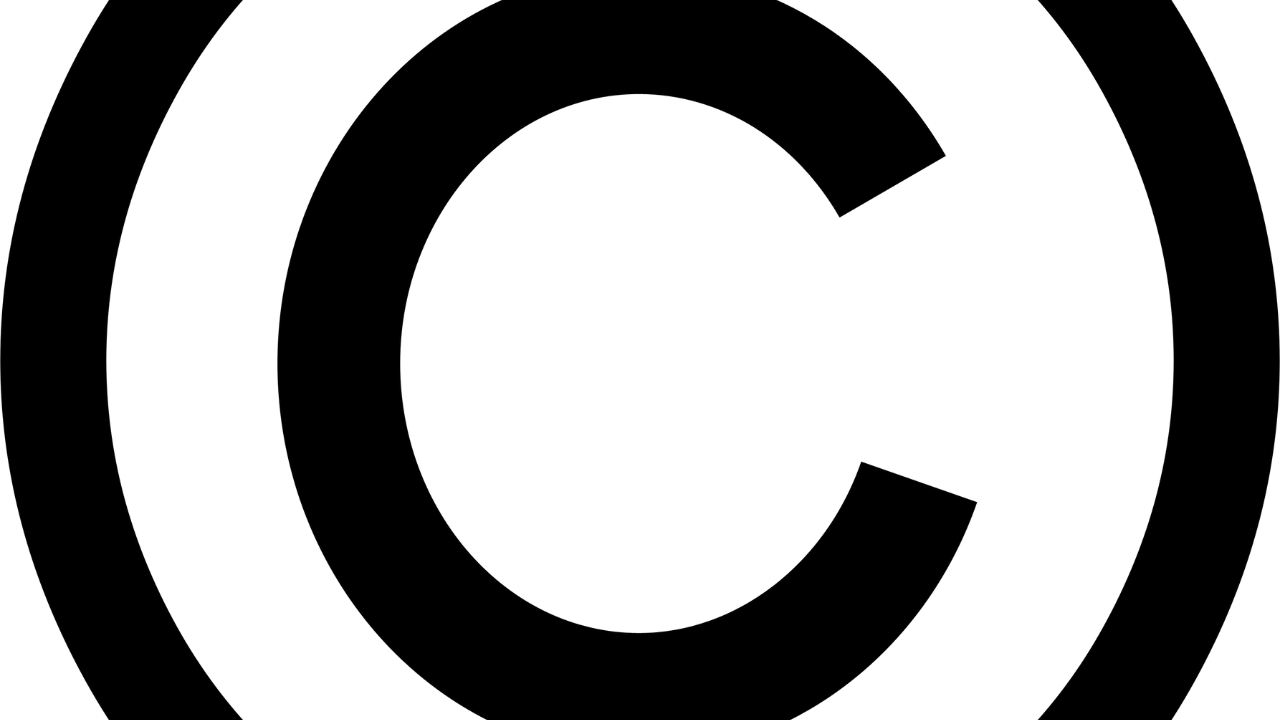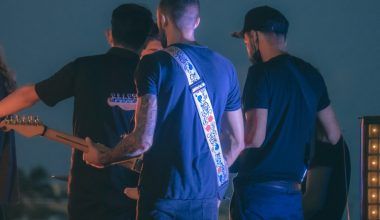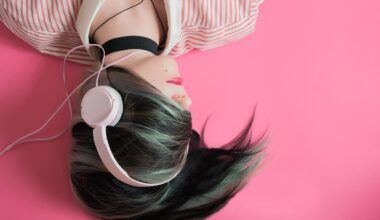What’s the Big Deal About Copyright Claims?
If you’re a content creator, you’ve probably heard about copyright claims. They can feel like a big hurdle, especially when you’re trying to grow your channel or make money online. So, let’s address the big question: Does copyright claim affect monetization? The short answer is yes, it does. But don’t worry—we’re here to break it all down in simple terms.
What Exactly Is a Copyright Claim?
Imagine you post a video, and suddenly, you get a message saying, “This video contains copyrighted material.” That’s a copyright claim. It means someone else owns the rights to a part of your content—maybe a song, a video clip, or even a picture you used.
It’s like borrowing your friend’s toy without asking. They might get upset, right? That’s how copyright owners feel when their work is used without permission. Platforms like YouTube, TikTok, and Instagram take these claims very seriously.
Does a Copyright Claim Stop You from Earning?
Let’s get straight to it. Does copyright claim affect monetization? Yes, it can:
- You Lose Money: The money your content earns might go to the copyright owner instead of you. For example, if your YouTube video makes ₹10,000, you might get ₹0 if there’s a claim.
- Fewer Views: Platforms sometimes push claimed videos down in search results, meaning fewer people see them. Fewer views = less money.
- Limited Access: Some claimed content can’t be played in certain countries or devices. This means fewer people watching your videos.
How Copyright Claims Work on Different Platforms
Each platform handles copyright differently. Let’s explore:
1. YouTube
YouTube’s Content ID system scans videos for copyrighted material. If it finds a match, the copyright owner can:
- Take the money your video earns.
- Block your video.
- Share the revenue with you (if they allow it).
2. TikTok
TikTok might mute your video if you use copyrighted music. No sound means less engagement, which hurts your chances of getting noticed or earning.
3. Instagram
Instagram often removes posts or stories with copyrighted music. This can harm your audience reach and make it harder to secure brand deals.
Types of Copyright Claims You Should Know
1. Music Claims
Using a popular song in your video? That’s the quickest way to get a claim. Even a few seconds of a famous track can trigger one.
2. Video and Movie Clips
Including scenes from movies or TV shows might seem fun, but it’s risky. Even reaction videos can get flagged.
3. Images and Art
That cool picture you found on Google? It might be copyrighted. Using it without permission can land you in trouble.
Why Are Copyright Claims Such a Big Deal?
When you put time and effort into creating content, you expect to earn from it. But copyright claims can take that away. It’s not just about money; it’s also about the visibility of your work.
For example:
- A YouTube video with a claim might not be suggested to viewers as much.
- TikTok videos with muted audio rarely go viral.
- Instagram posts that get blocked don’t reach your followers.
It’s frustrating, but it’s not the end of the world. There are ways to avoid and even fix copyright claims.
How Can You Avoid Copyright Claims?
Here’s the good news: You can protect yourself from copyright claims with a little effort. Follow these simple tips:
1. Use Royalty-Free Music
Instead of using famous songs, go for royalty-free music. Websites like YouTube Audio Library, Epidemic Sound, and Artlist offer tracks you can safely use.
2. Create Your Own Content
Want to be 100% safe? Make your own music, shoot your own videos, and design your own graphics.
3. Buy Licenses
If you really want to use copyrighted material, get a license. It’s like renting a car—you pay to use it legally.
4. Check the Rules
Before uploading, check the platform’s copyright policies. Each platform is different, and knowing the rules can save you a lot of trouble.
5. Partner with Services
Platforms like Deliver My Tune help creators with copyright protection. They make sure your content is safe and legal.
What Should You Do if You Get a Claim?
Got a claim? Don’t panic! Here’s what you can do:
1. Dispute It
If you believe the claim is wrong, you can file a dispute. For example, if you used the content under “fair use” (like for educational purposes), you might win the case.
2. Replace the Content
Some platforms let you swap the copyrighted part with something else. YouTube, for instance, allows you to replace music.
3. Reach Out
Sometimes, you can talk to the copyright owner and get permission after the fact. This works if you’re polite and clear about your intentions.
How Copyright Claims Affect Long-Term Monetization
Repeated copyright claims can harm your account. Here’s how:
- Demonetization: Platforms may stop you from earning entirely.
- Account Strikes: Too many claims can lead to strikes, and strikes can get your account banned.
- Reputation Loss: Brands might avoid working with you if your account seems risky.
How Copyright Can Be Your Friend
Copyright isn’t always the villain. It also protects your work. Let’s say you write a song, and someone uses it without asking. Copyright laws can help you claim the credit and the money you deserve.
Services like Deliver My Tune can help you copyright your music, ensuring no one else can misuse it.
Real-Life Stories: Creators and Copyright Claims
The YouTuber Who Didn’t Check
A popular YouTuber once used a famous Bollywood song in a vlog. The video went viral, but all the money went to the music label. Lesson learned? Always check before you upload.
The TikTok Creator Who Played It Safe
Another creator used royalty-free music for her dance videos. Not only did she avoid claims, but she also secured a brand deal because her content was clean.
The Bottom Line: Can You Still Succeed Despite Claims?
Yes, you can! A copyright claim isn’t the end of the road. It’s a learning curve. By being cautious and informed, you can protect your work and your income.
Quick Tips to Remember
- Always use original or licensed content.
- Double-check platform rules before uploading.
- Dispute claims if you believe you’re right.
- Work with copyright services like Deliver My Tune for peace of mind.
Wrapping Up
To sum it all up, does copyright claim affect monetization? Yes, but you can take steps to minimize the damage. With a little planning and creativity, you can keep earning and growing without breaking any rules.
Remember, it’s your content, your effort, and your success. Protect it wisely.
For further reading, explore these related articles:
- How to Download Songs on Spotify on iPhone: A Step-by-Step Guide for Everyone
- What to Do When Spotify is Offline – A Complete Guide for Music Lovers
For additional resources on music marketing and distribution, visit Deliver My Tune.






